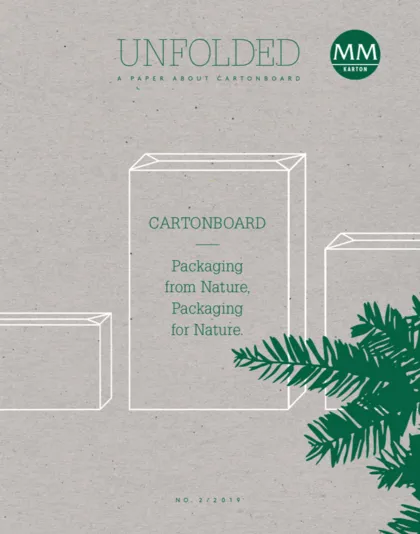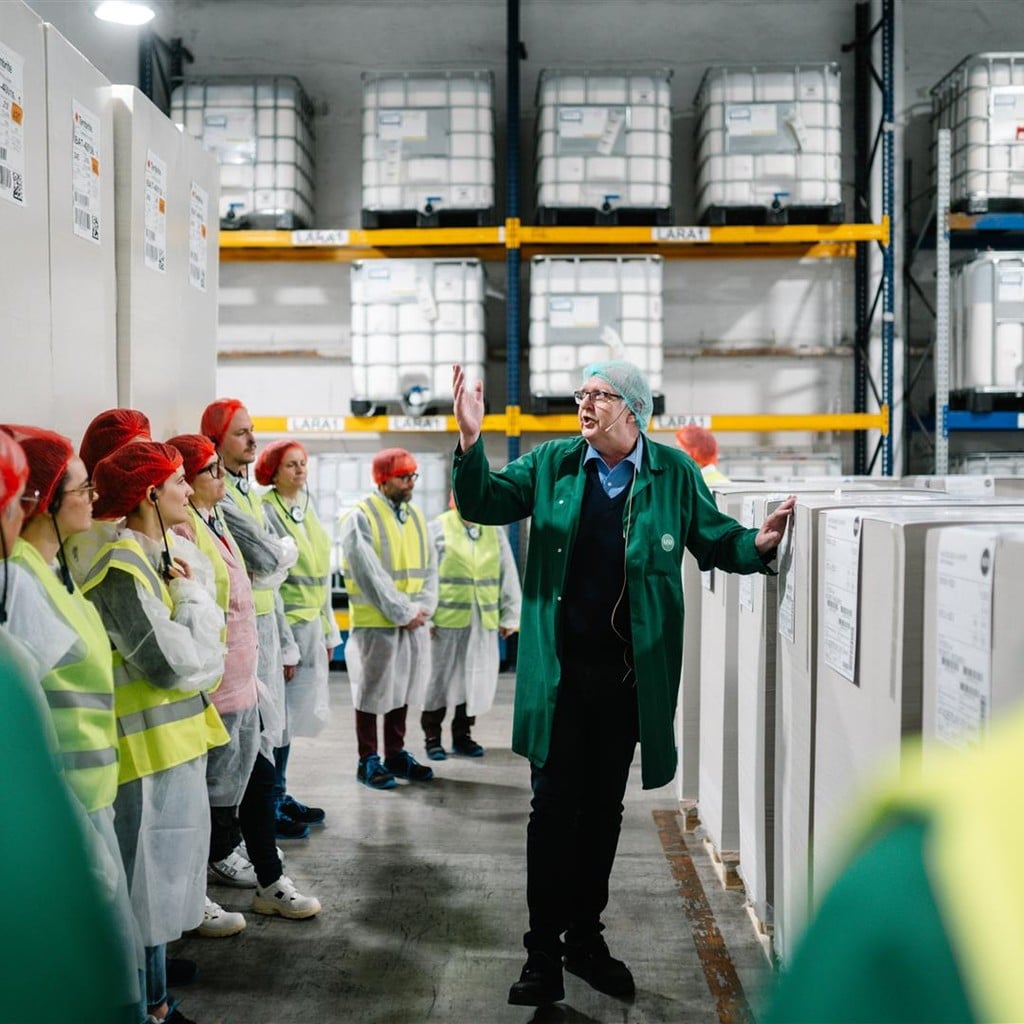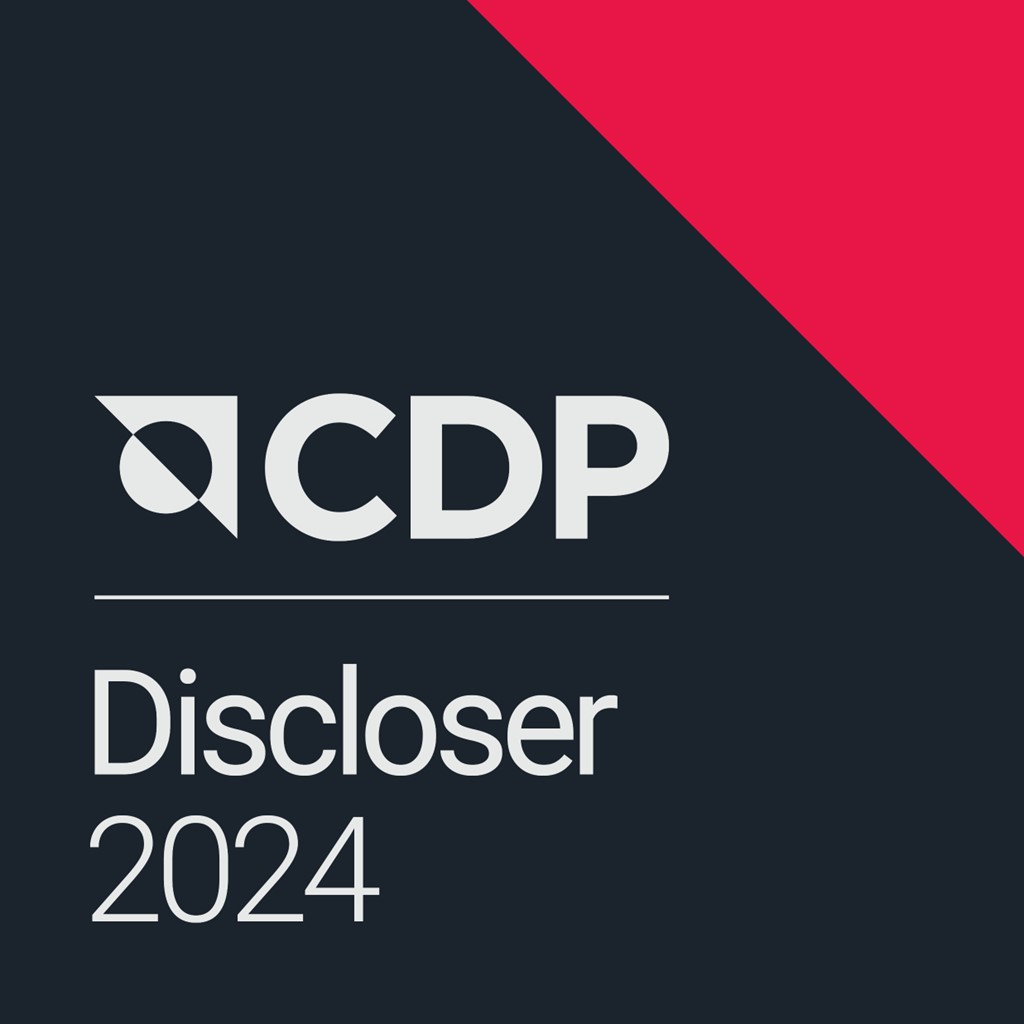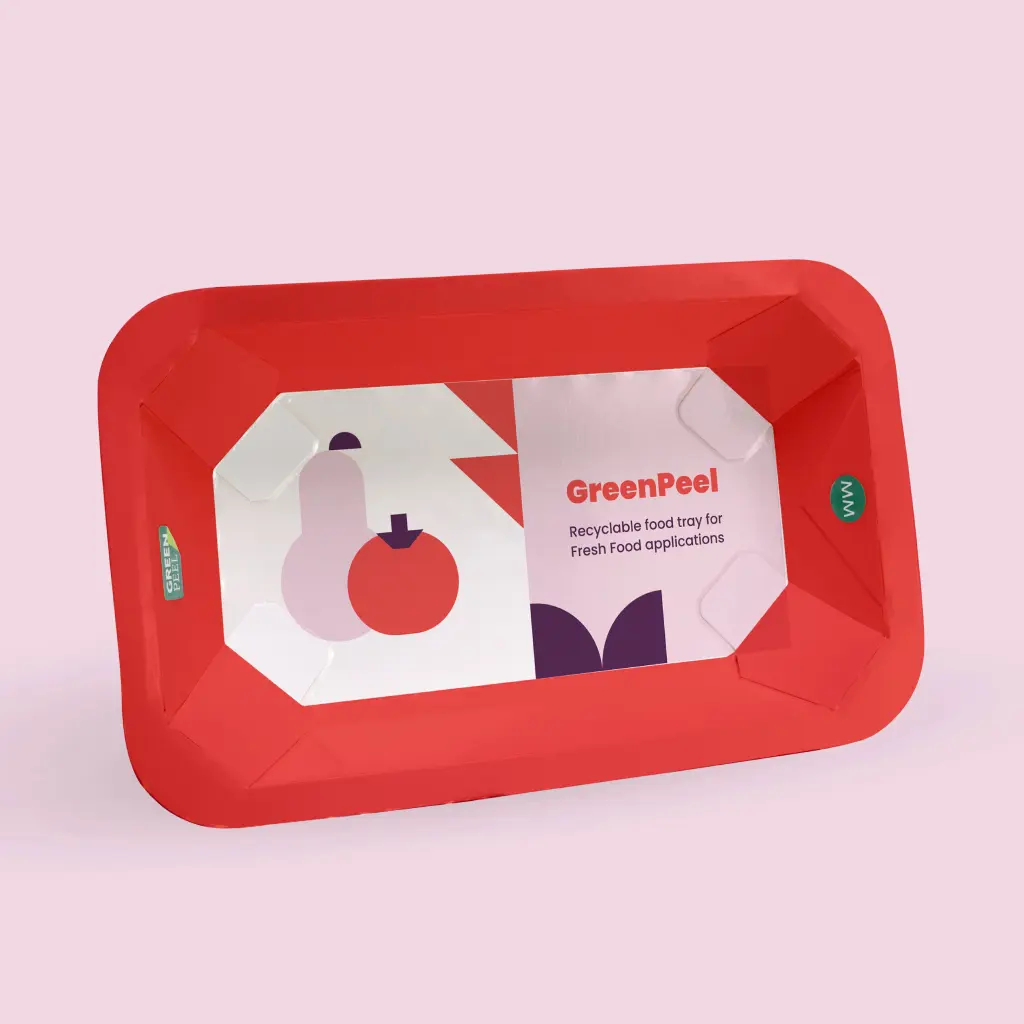Recycled paper as an economic resource – expert interview
The circular economy is a vital part of the raw material concept for cartonboard and paper production. This process allows packaging and paper to be transformed into an economic resource. In addition to EU legislation, the drastic reduction in the amount of recovered paper and waste plastic being exported from Europe to China and now to the whole of Asia is radically speeding up such processes. An interview with Stefan Hennigs, Fibres Category Manager at MM Karton and Chairman of the Working Group “Quality Issue Group” in the Recycling Committee of CEPI.
1.
Chinese import restrictions are causing shifts in waste trade flows all over the world. What is happening and what can we expect to happen in future, especially when it comes to recovered paper?
China has issued quality specifications and awarded volume licences at the same time. In addition, it has clearly stated that by the end of 2021 it plans to no longer be importing wastepaper and is looking to achieve greater independence. There has been a clear shift in export volumes from China to other countries such as Vietnam, Indonesia, India and so on in 2018. Since then, however, those countries have come to the realisation that these recycled paper grades often don’t meet the ever-growing demand. In the past, these grades were simply used to move waste to the Far East for high prices but without any real quality requirements.
As such, countries from that region are increasingly drawing up clearly defined quality specifications for wastepaper or limiting import volumes. There is a call for better quality, with fewer foreign substances, which in turn requires clean collection and sorting in Europe and the US. The focus is on single-origin, high-quality recovered paper, which constitutes a highly valuable raw material in the paper industry. As has repeatedly been stated in the press, “Asia doesn’t want to be a dumping ground for the US or EU”.
2.
Is this having or might it soon be likely to have an effect on the consumer?
For countries that already collect single-origin recovered paper, such as Germany or Austria, I currently can see very little change on the horizon. In other places, where recovered paper is collected together with plastic, milk or juice packaging (aseptic cartons) and perhaps glass or textiles, which can contaminate the wastepaper with liquids, I certainly expect changes that will end up having an impact on the general public.
But thanks to increased media coverage, there is now much greater public awareness. The industrial side of recycling, including the exporting of carefully separated waste to other countries, however largely remains under the radar. We have also sparked a process of reflection on our relationship with waste, the environment and our own responsibility.
3.
What measures should be taken at a political level – both nationally and internationally – to boost residual waste/old materials as an economic resource?
Conserving resources requires appropriate legal and economic framework conditions. At a political level, we can raise the rate of recycling, but we also have to create the conditions for the collected volumes of residual waste to find a sales market. I’m talking about tax incentives, tax ratio stimuli, facilitation and minimum baseline requirements for the use of old materials. What’s more, developing countries must be supported to establish better collecting, sorting and multi-use systems.
Recycled paper is subject to strict quality requirements. The different varieties are precisely defined in the EN643 standard. MM Karton obtains its raw materials exclusively from verified sources, predominantly from European urban centres that are within proximity to our mills. The grades used are subject to strong quality checks in line with the ISO 9001 quality management system implemented at MM Karton. Our procurement division is geared towards ensuring optimal origin and quality control, as well as the utmost security of supply.
There is no shortage of recycled paper as a raw material. Around 60 million tonnes of paper are collected in Europe every year. Some 50 million tonnes of this is recycled, with packaging as the main product, and the rest has previously been mostly exported to Asia.




